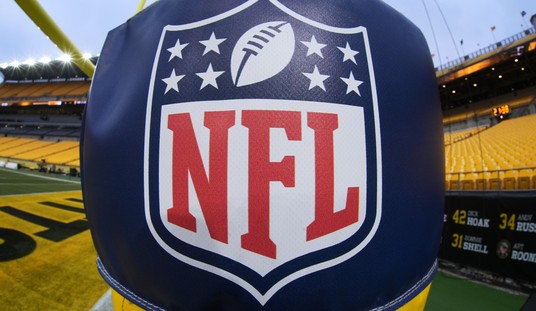You know your country has big trouble when the death of one man tosses your political reckonings, your expectations, your fundamental understandings into the briar patch, the way Nino Scalia's death over the weekend made short work of any faint hopes for a post-November restoration of something like peace and comity.
Prior to his unexpected exit on a Texas ranch, Justice Antonin Gregory Scalia was widely -- and rightly -- perceived as standing like Horatius upon the Tiber bridge. Either he was blocking essential and needed changes to our political fabric, or he was stalling, if not preventing, rapacious injury to American norms and values. Both views were, to a certain degree, correct.
Scalia's piercing intellect and seemingly intuitive grasp of constitutional principle made him one of the U S. Supreme Court's most notable justices ever. Vacate his station on the bridge and over it the barbarians would rush -- or the liberating angels. It depended on your viewpoint. Scalia sat on a bench of preternaturally bright people, but his were the arguments and insights that came more and more often to settle things. Not all things: just enough things to validate his position at the center of affairs.
This should have been recognized as dangerous: Obviously Scalia couldn't stay forever where he was. Justices of the Supreme Court die or resign, as do all mortals. Life goes on. It was correct but unhistorical to hang so many expectations, from one viewpoint or another, on the continued life and witness of one man, however brilliant. We need to stand on philosophical tiptoe to see how this could be.
Scalia personalized, through his numerous opinions and other writings, the authority question: Who's running things around here, Bud? And whatcha going to do about it?
Recommended
The authority question, the control question, is as old as Eden and the talking snake. It arises most menacingly in societies without a central commitment to, shall we say, eternal verities such as freedom and justice. As it happens, the United States made its own commitment in 1776, reaffirming it in 1787 through adoption of the document Nino Scalia loved with heart, soul and mind and sought to keep as bright in our own times as in those of the men who framed it.
The Constitution, which William E. Gladstone called the greatest document ever struck off by the mind of man at a single moment, is a temple to ordered liberty. Scalia's "originalist" view of constitutional interpretation came from his respect for the wisdom of the document, which was tailored to preserve freedom. Why cling to a talisman that old? Well, you don't have to, in all things. Ideas die or transmute. But the best ideas stand the test of time. And these live on in the text. Want to change or update them? Go ahead; that's what constitutional amendment is all about.
For fast-growing numbers, nevertheless, to say, "Enough of that. We're doing something different now, and we're doing it our way" -- that was for Scalia a kind of treason to the national ideal. He wouldn't have it. The Constitution guaranteed free speech in configurations too numerous to predict; it affirmed the right of handgun ownership; it protected traditional understandings of marriage and sexuality. That was its clear sense -- never mind what some self-proclaimed "modern authorities" might say! Horatius Scalia, standing full-armored at the bridge, was a protector of liberties the founders would recognize, and would recognize themselves as having enshrined in the Constitution.
Ah, the irony: his death affording President Obama the opportunity to overthrow, through the appointment of a successor, everything for which Scalia stood. Obama, of all people -- a president committed to the authority of "Who says so? I say so."
He may get away with it; he may not. It depends on how many Americans still receive with gratitude and appreciation the heritage that Nino Scalia upheld while he held position on the bridge, fighting for the Constitution of the United States, and, by extension, the liberties of us all.

























Join the conversation as a VIP Member